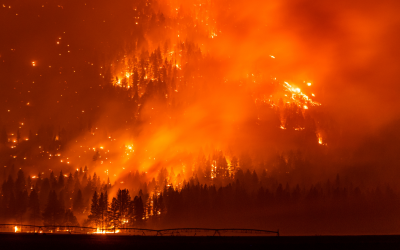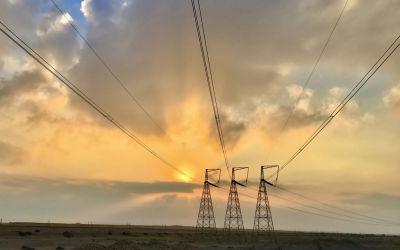IEA: Covid crisis has deepened energy efficiency slowdown
A new report from the IEA has shown energy efficiency progress is the weakest in a decade, threatening international climate goals and intensifying the need for urgent action.

A new report from the IEA has shown energy efficiency progress is the weakest in a decade, threatening international climate goals and intensifying the need for urgent action.
The already slow pace of global progress on energy efficiency is set to slow further this year due to the economic impacts of the Covid-19 crisis, a new report from the International Energy Agency (IEA) states.
The report titled Energy Efficiency 2020 states this will deepen the challenge of reaching international energy and climate goals, making stronger government action critical.
In the report, global primary energy intensity, a key indicator of how efficiently the world’s economic activity uses energy, is expected to improve by 0.8% this year. This is the weakest rate since 2010.
This is well below the level needed to achieve global climate and sustainability goals. It’s especially worrying because energy efficiency delivers more than 40% of the reduction in energy-related greenhouse gas emissions over the next 20 years.
The disappointing trends are being exacerbated by a drop in investments in energy-efficient buildings, equipment and vehicles amidst the economic crisis caused by the pandemic, the report finds.
Overall investment in energy efficiency worldwide is on course to fall by 9% in 2020.
Dr Fatih Birol, Executive Director of the IEA, voiced his concerns: “Together with renewables, energy efficiency is one of the mainstays of global efforts to reach energy and climate goals. I am very concerned that improvements in global energy efficiency are now at their slowest rate in a decade.”
The short-term trends resulting from the Covid-19 crisis mean that every unit of economic output uses more energy than it would do otherwise. This is because energy-intensive industries, such as metals and manufacturing, appear to have been less severely affected by the crisis than less intensive parts of the economy.
The report states that the stimulus packages governments are introducing as part of their economic recovery plans will heavily influence future efficiency trends.
“We welcome plans by governments to boost spending on energy efficiency in response to the economic crisis, but what we have seen so far is uneven and far from enough.”
“Energy efficiency should be at the top of to-do lists for governments pursuing a sustainable recovery – it’s a jobs machine, gets economic activity going, saves consumers money, modernises vital infrastructure and reduces emissions. There is no excuse not to put more money behind it.” Dr. Birol added.
Spending on efficiency-related stimulus measures announced by governments worldwide to date is set to generate almost 2 million full-time jobs between 2021 and 2023 according to IEA analysis.
The IEA’s Sustainable Recovery Plan suggests further recovery efforts related to energy efficiency could create another 4 million jobs globally through enhanced public and private sector investment in buildings, transport, and industry.
The report Energy Efficiency 2020 is the latest edition of the IEA’s annual update on global developments in energy efficiency, providing a comprehensive view on efficiency trends worldwide.
View the full report here.






